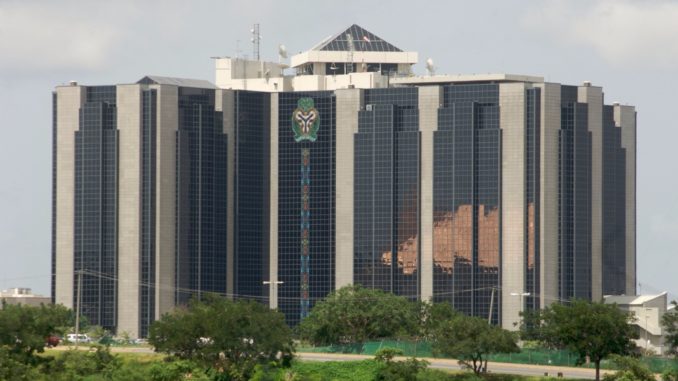
In the end, it is all bad economics. Markets and institutions ought to be as self-sustaining as possible. And the economy capable of plotting its courses without guidance from a nanny state. And where a nudge may be needed to right failures (market-based or otherwise), the beneficiaries, the gains to them, and the cost thereof must be as clear from the start…
In order to attract to and retain foreign portfolio investment (FPI) in the country, the Central Bank of Nigeria (CBN) has, of late, resorted to several contrivances. Now advertised under the rubric, “Heterodox Policy”, what the monetary authority has done is to tier the short end of the fixed income securities market. It has created a “native tier” where rates currently hug the floor and real yields are negative. And another one where the effective real yield on rates are mouth-wateringly positive. Then restrict locals to the first tier, and FPIs to the second one.
One may quarrel with the economics of it all – pointing out how fickle a policy that is largely based on the inflow of hot money is, and the long-term threat to the economy from dis-incentivising savings. One might even fault the lower rates at the native market as a convenient way of bunging cheap money at a government with a rapacious appetite for borrowing – pointing out the moral hazard this creates. But you cannot deny that, up until this point, the policy has helped the CBN with its exchange rate management. In addition, you’d be wrong to ignore the moral of the tale.
Would that in our quest for foreign direct investment, we could just as easily create two tiers in both the manufacturing and services sectors of the economy. One for native entrepreneurs, where the police may whip and slap faces, and judges may beg, a la Fela Anikulapo-Kuti. Where power distributors (whether masquerading under the acronyms “NEPA” or “DisCos”) may supply and refrain from supplying power on a whim. And where public infrastructure remains huge binding constraints. Then a second one, where contracts are enforceable, roads, railways, inland waterways, and the internet work as they should, and where the only let to repatriating profits is the decision on whether domestic returns on equity are better than could be obtained elsewhere.
…because the cost of maintaining the firewall between both markets rises as the discrimination continues, the putative gains based on which the practice may be argued will always be chimeric.
The latter possibility is not the “pie-in-the-sky”, which it comes across as, first time. We should simply understand that US$5,000 per annum is the income level at which discretionary spend qualifies an economy for middle income status, and depending on how you calculate it, there’s a Belgium-sized economy (c.12 million people) tucked neatly in our c.200 million population. De-risk the domestic economy, or parts of it, as effectively as the CBN appears to have done with parts of the fixed-income securities market, and you’ve got this 12 million Nigerians to profitably cater to.
Problem, though, is that this is easier said than done. And this is not even about the practicality or unfairness of any kind of segregation – no matter the economic efficiencies it may result in. It is that because the cost of maintaining the firewall between both markets rises as the discrimination continues, the putative gains based on which the practice may be argued will always be chimeric. Arbitrage opportunities alone – the possibility of leveraging lower costs in one market for higher profits in another – will continuously nudge regulatory costs up.
Consequently, the strongest argument in support of the CBN’s current monetary policy portmanteau is that the measures are temporary. Necessary until the economy’s foreign exchange earnings return to sustainable levels – on the back of policies like the continued border closure, for instance – and government’s huge debt stock translates into the investment in infrastructure needed to boost both domestic productivity growth and competitiveness.
As policy deteriorates along the time consistency horizon, and the costs of cleaving to the goals that policy is committed to begin to rise, the most important consequence is unplanned long-term commitment to the current policy suite.
By far the biggest threat to the policy environment from this course of action is mission creep. As policy deteriorates along the time consistency horizon, and the costs of cleaving to the goals that policy is committed to begin to rise, the most important consequence is unplanned long-term commitment to the current policy suite. This is the untold story of our commitment to a strong naira as a symbol of national virility, as it is becoming the tale of our commitment to subsidies as indicator of our collective concern for the poor and vulnerable amongst us.
In the end, it is all bad economics. Markets and institutions ought to be as self-sustaining as possible. And the economy capable of plotting its courses without guidance from a nanny state. And where a nudge may be needed to right failures (market-based or otherwise), the beneficiaries, the gains to them, and the cost thereof must be as clear from the start as when it is intended for the sun to set on the programme of support.
Uddin Ifeanyi, journalist manqué and retired civil servant, can be reached @IfeanyiUddin.
END

Be the first to comment